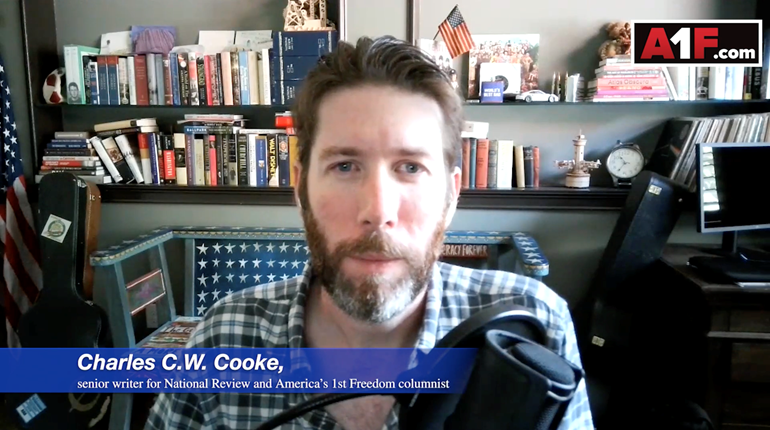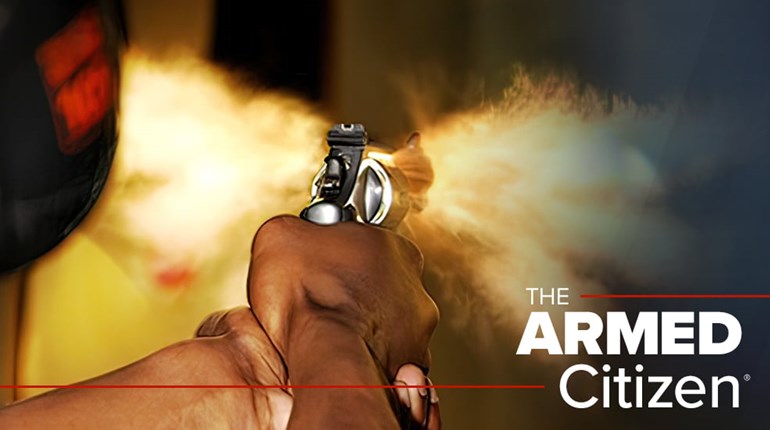
It can be difficult to keep up with the politically correct rules these days. Can we follow the evidence wherever it leads, or may we simply reject it, as the anti-Second Amendment groups do, when it is inconvenient to our politics? Are we permitted to bring religion into politics, or must it be shunned completely?
All too often, the answers to questions like these, according to the mainstream media, seem to be: “Whatever helps the gun-control movement at any given moment.”
In May of this year, Everytown for Gun Safety announced the formation of what would once have been dismissed by progressive policy groups as a “faith-based initiative.” They formed a working group composed of more than a dozen religious leaders. These activists are hoping to elect candidates in the upcoming general election who want more gun-control laws.
On the one hand, this might seem like a natural move: The gun-control movement’s modus operandi has long been to claim the moral high ground, to publish its edicts without expectation of contradiction in the media and to attempt to excommunicate from polite society anyone who has the temerity to dissent, so it was perhaps inevitable that they would glom onto those who have faith.
And yet, one cannot help but sense a certain resignation in the move; after all, the data is as clear as day: As the number of guns in private hands has increased and as the gun laws have been loosened in almost every state, violence committed with firearms has fallen.
Tens of millions of Americans have become concealed carriers, and, in about half of the geographical area of the United States, state governments have abolished the need for permits completely. Meanwhile, violence committed with firearms has continued to go down. The 1994 Assault Weapons Ban expired in 2004 and the AR-15 has become the most-popular gun in the country. As this has happened, violence committed with firearms has kept going down.
In 2008, the U.S. Supreme Court recognized the obvious truth that the Second Amendment protects an individual right, and a host of states saw their restrictive regimes struck down. As this has occurred, violence committed with firearms kept going down.
More typically, gun controllers have shouted about “science!” Is this out of fashion now that the results of the great American test are clearly in?
Crime statistics clearly show that more guns do equal less crime. When good citizens can carry their freedom with them, as in their Second Amendment freedom, then criminals, who prefer unarmed victims to armed citizens, are less likely to prey on people. That’s not just common sense anymore; we’ve run the experiment over generations here in America; the results are profound: yes, good, old-fashioned freedom does work.
Meanwhile, all told, the religious are just as capable as anyone else of recognizing the benefit that gun ownership confers upon the good.
Given all of this, the leaders of Everytown’s initiative seem about as confused as you would expect them to be. One of them, the Rev. Rob Schenck, insists that “you never want to pray for something you’re unwilling to be the answer to.” But this help, as in the real life-saving help a law-abiding person who carries concealed can bring, is exactly what people of faith pray for.
Jack Wilson, the heroic security guard who stopped the shooting at the West Freeway Church of Christ near Fort Worth, Texas, was in a position to be the answer because of a law that Everytown vigorously opposed.


































